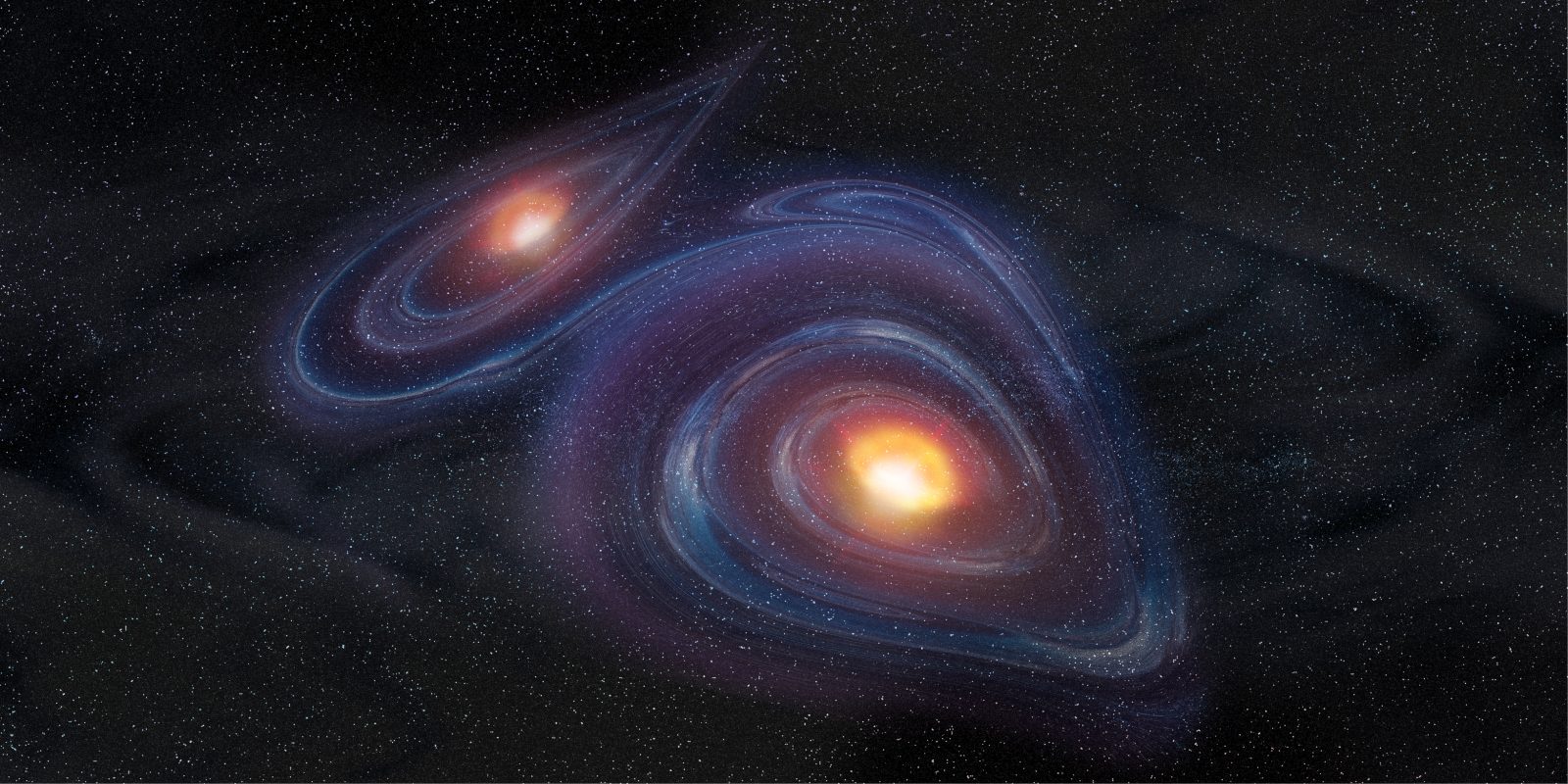
Jay Richards Talks God, Carl Sagan, and Word Games
On today’s ID the Future, philosopher Jay Richards, co-author of The Privileged Planet, continues a conversation with host Eric Anderson about Carl Sagan and a short video clip where Sagan fields questions about God. Sagan points out that there are different conceptions of God, but Jay asks, what’s his point? There are different conceptions of nature. That doesn’t mean that nature isn’t out there and that there aren’t true and false things that can be said about it. Also, when the vast majority of people speak about God, they have in mind a powerful, conscious Creator of nature. Sagan plays definitional games by redefining the meaning of “God.” Listen in to learn how, to what purpose, and to hear what Richards thinks would be a better approach for atheists such as Sagan.







